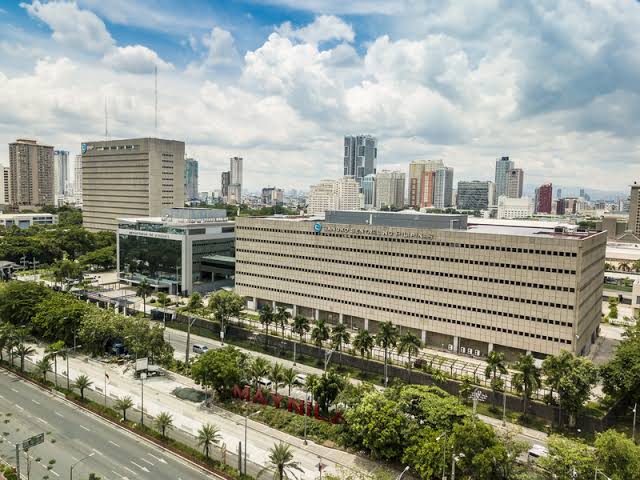Foreign direct investments remained subdued in the first three quarters this year amid lingering concerns on global economic slowdown, higher inflation and the depreciation of the peso, said Bangko Sentral ng Pilipinas as it noted FDIs shrinking in the first 3 quarters to $6.7 billion, from $7.5 billion for the same period last year.
Foreign investments contracted 10 percent to $6.7 billion from $7.5 billion in the first three quarters this year compared to last year.
The Bangko Sentral ng Pilipinas data showed a 12 percent shrinkage in debt instruments, 7.7 percent decline in reinvestment of earnings and 2.9 percent drop in equity other than reinivestment of earnings.
“FDI remained subdued amid lingering concerns on global economic slowdown, higher inflation, and the depreciation of the peso,” BSP explained.
The decline in net debt instruments was the steepest decline since the contraction of 20.5 percent in December 2020, BSP data noted.
Total net debt instruments reached $4.69 billion in the January to September 2022 period, lower than the $5.33 billion recorded in the same period of 2021.
“Net investments in debt instruments consist mainly of intercompany borrowing/lending between foreign direct investors and their subsidiaries/affiliates in the Philippines,” BSP explained.
“The remaining portion of net investments in debt instruments are investments made by non-resident subsidiaries/associates in their resident direct investors, i.e., reverse investment,” it added.
In September 2022, BSP preliminary data showed FDI recorded $626 million in net inflows. This was 7.9 percent lower than the $680-million net inflows in the same month last year.
The September figure was the lowest monthly net inflow of FDI in two months, or since the $502 million in July.
“The decline in FDI net inflows reflected the decrease in non-residents’ net investments in debt instruments, which more than offset the growth in their net equity capital placements,” the central bank said in a statement.
Debt instruments contracted 36.8 percent in September to $351 million, while reinvestment of earnings declined 4.8 percent to $88 million.
However, equity other than reinvestment of earnings, soared 474.5 percent to $187 million in September 2022.
“The decline in FDI net inflows reflected the decrease in non-residents’ net investments in debt instruments, which more than offset the growth in their net equity capital placements,” BSP said.
FDI includes (a) investment by a non-resident direct investor in a resident enterprise, whose equity capital in the latter is at least 10 percent.
It also includes investments made by a non-resident subsidiary OR associate in its resident direct investor. FDI can be in the form of equity capital, reinvestment of earnings, and borrowings.
The BSP FDI statistics are distinct from the investment data of other government sources. BSP FDI covers actual investment inflows.
In contrast, the approved foreign investments data published by the Philippine Statistics Authority (PSA), which are sourced from Investment Promotion Agencies (IPAs), represent investment commitments, which may not necessarily be realized fully, in a given period.
Tags: #BSP, #FDIs, #globalslowdown #higherinflation

